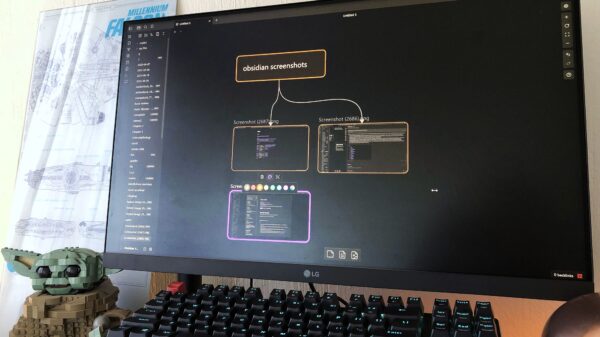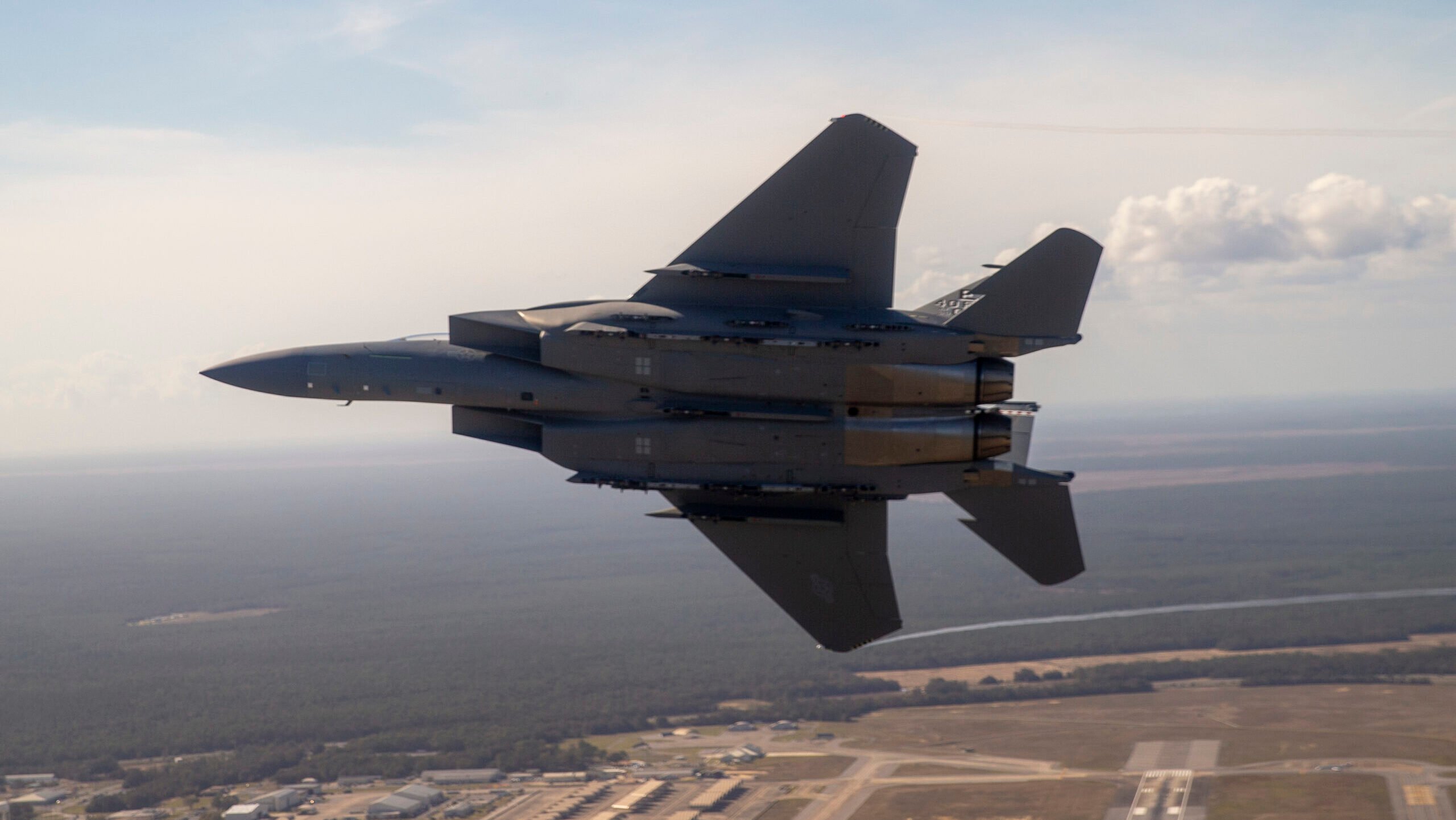Boeing’s defense division reported a positive operating margin despite ongoing challenges from a machinist strike at its St. Louis facilities. In the third quarter, the company faced a significant financial hit from a $5 billion charge related to its commercial 777X jetliner program. This overshadowed the defense unit’s performance, as concerns about the strike impacting operations stretched into the fourth month.
During an earnings call, Boeing CEO Kelly Ortberg confirmed that the defense unit managed to achieve positive margins for the third consecutive quarter, even as the strike affected production at key fighter and weapon production lines. However, the division reported a new $149 million reach forward loss on the KC-46 tanker program, attributed to increased production costs stemming from the slowdown in 777X production plans.
Contingency Plans and Union Tensions
Ortberg reassured investors that Boeing’s contingency plan was in effect, stating, “While, of course, we prefer not to be in this position, the team continues to work in support of our customers.” He noted that the company is producing Joint Direct Attack Munitions (JDAMs) at a rate comparable to pre-strike levels. Additionally, progress on the MQ-25 and T-7A development programs continues.
Boeing’s Chief Financial Officer Jay Malave indicated that the defense unit’s operating margin of 1.7 percent included “immaterial impacts associated with the IAM work stoppage.” However, regulatory filings warned that Boeing’s overall financial position could be “materially impacted” if the strike persists.
The strike began on August 4, 2023, when approximately 3,200 members of the International Association of Machinists and Aerospace Workers (IAM) voted to reject Boeing’s contract offer. This marked the first strike action from this local chapter since 1996. The union has since rejected multiple offers, including one made most recently on the preceding Sunday.
Hiring Controversies and Legislative Concerns
Boeing has taken the unusual step of seeking permanent replacements for its striking workforce, a move that raised eyebrows. Dan Gillian, Boeing’s vice president of Air Dominance, confirmed that the company had begun interviewing potential employees for union jobs. Boeing Defense CEO Steve Parker indicated in a recent letter that the company would accelerate efforts to hire permanent replacements, a development that the IAM has labeled as “misleading and disingenuous.”
IAM President Brian Bryant criticized Boeing’s approach, stating that the company’s contingency plan is “failing” as it cannot match the skill and experience of union workers. He emphasized that Boeing’s actions could jeopardize not only workers but also the company’s long-term stability and reputation.
In a show of bipartisan concern, 17 members of the House Armed Services Committee sent a letter to Ortberg urging Boeing to negotiate fairly with the union. The lawmakers highlighted the essential role of the skilled workforce in maintaining national security and underscored the need for a resolution to the ongoing strike.
“We are concerned by recent reports that Boeing Defense has inquired about hiring permanent replacements for striking workers,” the letter stated. “These workers are essential to the success of your company, and they deserve compensation that reflects their hard work and sacrifices.”
As the strike continues with no clear resolution in sight, Boeing’s defense operations remain under scrutiny. The situation reflects broader challenges in labor relations within the aerospace industry, highlighting the delicate balance between corporate strategies and the rights of workers.




































































